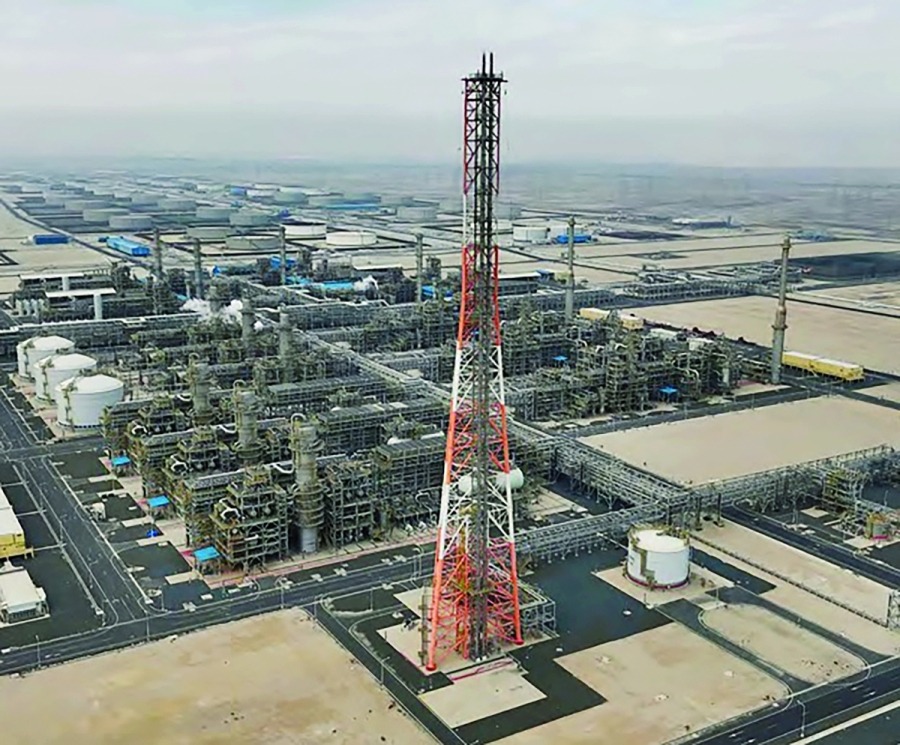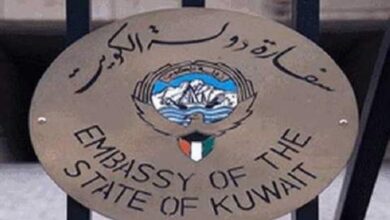Kuwait’s oil sector charts path to net zero with bold climate action plan
KOC and KIPIC lead Kuwait’s carbon reduction drive with major emissions projects

As part of its 2024/2025 action plan, Kuwait oil sector has launched a series of projects to reduce carbon emissions and support the nation’s resilience to climate change. These initiatives align with Kuwait’s sustainable economic growth goals by leveraging innovative technologies within the framework of the circular carbon economy, environmental innovation, and green investments across multiple sectors.
The report highlights the Kuwait Petroleum Corporation’s (KPC) commitment to achieving net zero carbon emissions by 2050, through strategic investments in alternative energy sources.
The Kuwait Oil Company (KOC) has developed five major strategic initiatives to drive the energy transition and support KPC’s climate objectives:
Zero Routine Gas Flaring by 2030 — KOC is building new sour gas processing units, constructing gas pipelines, and upgrading existing infrastructure. Technologies such as leak detection and repair are being used to minimize fugitive methane emissions.
Energy Efficiency Enhancement by 8–12% by 2045 — One key project involves shifting electric submersible pumps from diesel-powered generators to the national electricity grid, helping to cut carbon emissions and increase clean energy production.
Carbon Capture, Utilization, and Storage (CCUS) — The company is working to achieve 26 million tons per year of CCUS capacity across the oil sector by 2050. A large-scale carbon capture facility is under development in Western Kuwait, using alternating gas and water technology for enhanced oil recovery. A detailed study is assessing the feasibility of CO₂ capture and storage in underground reservoirs.
Exploration of Renewable Energy Opportunities — The company continues to assess investment in renewable energy solutions to support a diversified energy mix.
Carbon Offsetting Mechanisms — KOC is exploring certified mechanisms to offset residual emissions.
Meanwhile, the Kuwait Integrated Petroleum Industries Company (KIPIC) has launched a technical study to reduce hydrogen gas flaring at the Al-Zour refinery during steam shortages. The initiative involves rerouting feedstock from the hydrogen recovery unit to the refinery’s fuel gas network, improving overall efficiency.
KIPIC also implemented initiatives to reduce environmental impact, promote occupational health and safety, and ensure compliance with international and national standards. A key success from the past fiscal year was the export of low-sulfur fuels such as diesel and jet fuel, significantly contributing to reduced CO₂ emissions.
These combined efforts represent a critical shift toward sustainable energy practices in Kuwait’s oil and gas sector.













